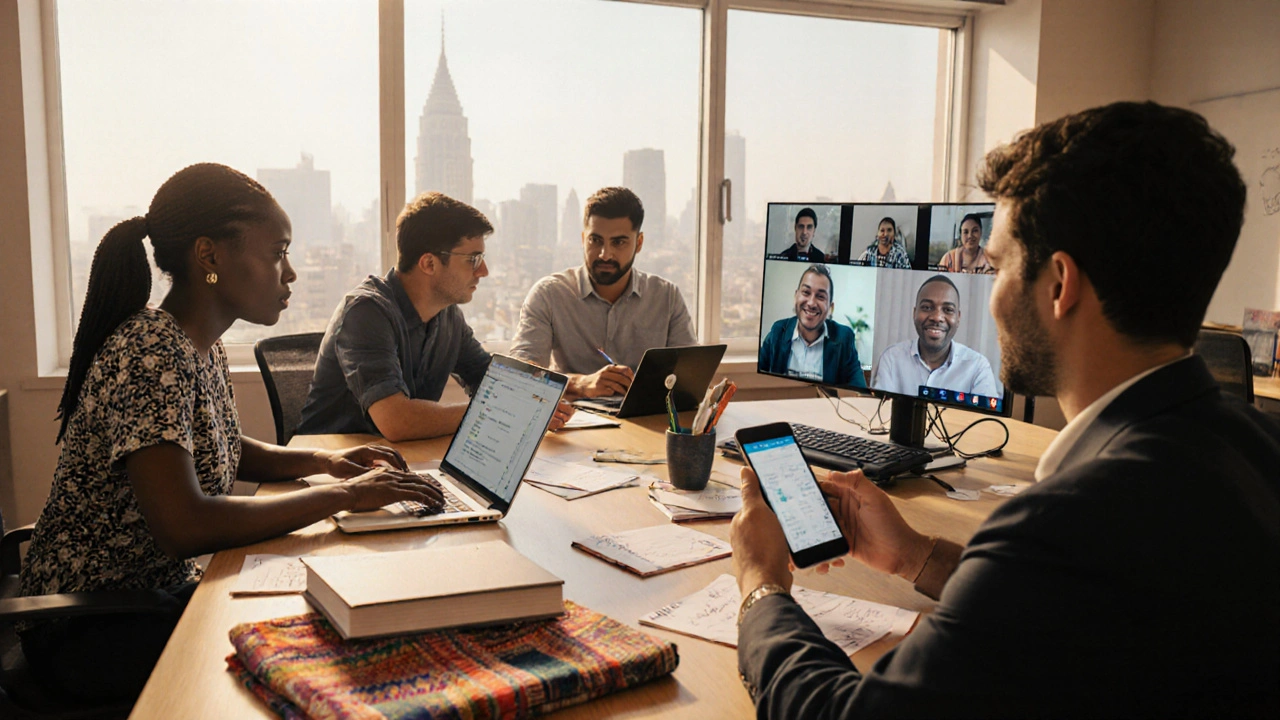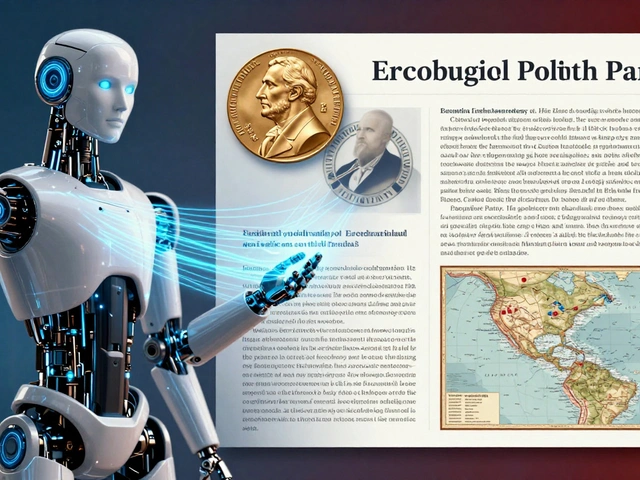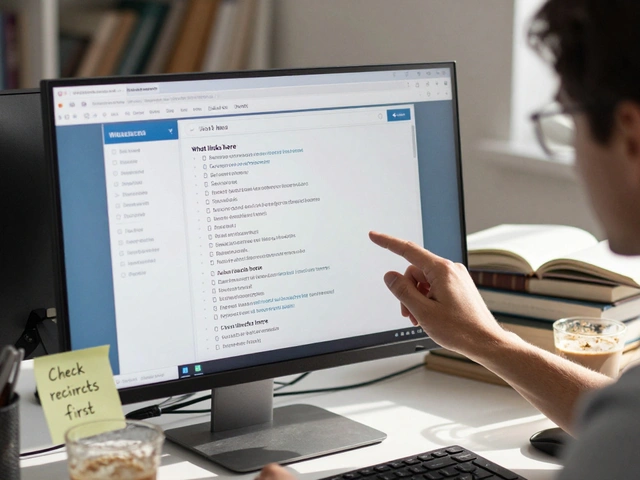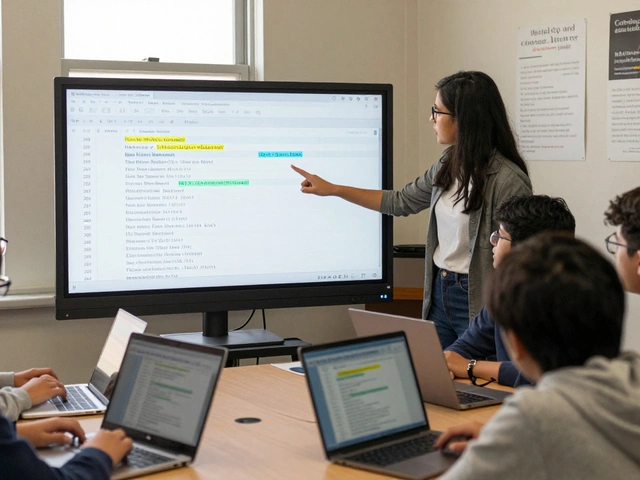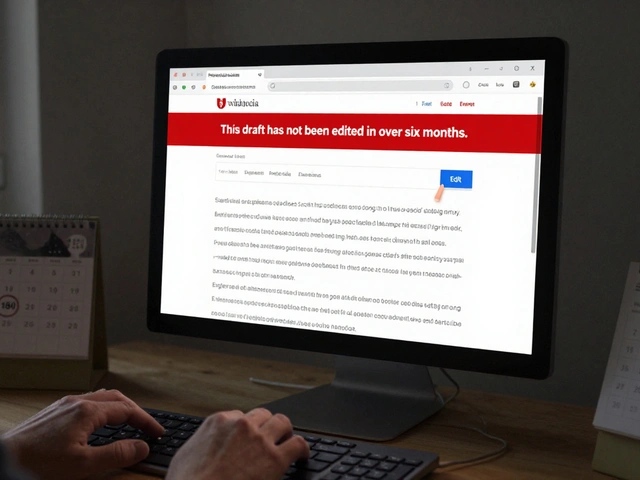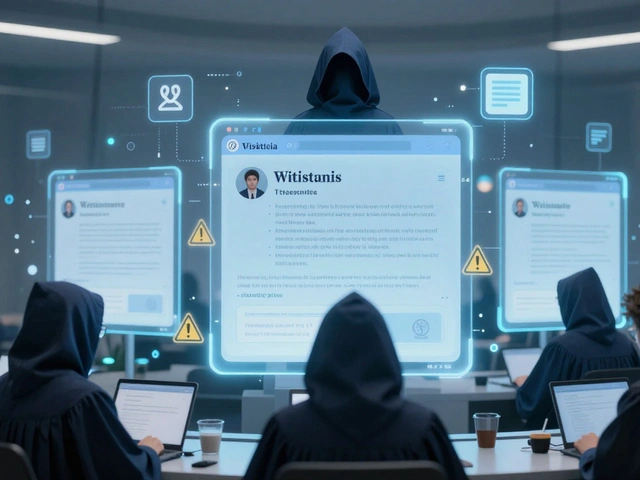Diversity Goals on Wikipedia: Who Gets Included and Why It Matters
When we talk about diversity goals, efforts to make Wikipedia’s editor base and content reflect the full range of human experience, not just a narrow slice of it. Also known as inclusion initiatives, these goals are about fixing a deep imbalance: for years, Wikipedia’s most active editors came from a small group of countries, languages, and demographics. That’s changing—but slowly, and with real resistance. It’s not just about fairness. It’s about accuracy. If only a handful of people are writing about the world, entire cultures, languages, and histories get left out—or worse, misrepresented.
The Wikimedia Foundation, the nonprofit that supports Wikipedia and its sister projects has poured resources into this. Grants fund local edit-a-thons in Nigeria, Brazil, and Indonesia. They back projects like African language Wikipedias, where Swahili and Yoruba speakers build knowledge in their own tongues. But money alone doesn’t fix the problem. The real issue is who feels welcome to edit. Most editors are still men, from Western countries, with tech access and free time. Women over 45, Indigenous communities, and people in regions without reliable internet or local news are still underrepresented. And when those voices aren’t there, Wikipedia doesn’t just miss facts—it misses context.
editor demographics, the makeup of who contributes to Wikipedia, from age and gender to geography and language directly shape what shows up on the site. A topic like "local farming practices in Ghana" won’t get a detailed article unless someone who knows those practices writes it. Paid editors can polish content, but they rarely bring lived experience. Volunteer editors from the region? That’s where authenticity starts. This is why diversity goals aren’t just about numbers—they’re about trust. If a reader in Lagos can’t find reliable info about their own city on Wikipedia, why would they trust it at all?
And it’s not just about adding more editors. It’s about changing the rules. Notability guidelines, for example, often favor Western media sources. If a small town in Nepal has no English-language newspaper, its events don’t meet Wikipedia’s "reliable source" bar—even if local radio covered it daily. That’s a flaw in the system, not the community. The fix? Rewriting policies to value local news, oral histories, and community knowledge. That’s happening, but it’s messy. It sparks debate in ArbCom elections, shows up in The Signpost, and divides volunteers who’ve spent years defending the old ways.
What you’ll find in these posts isn’t just theory. It’s real stories: volunteers in rural India learning to edit, students in Canada improving articles on Indigenous history, bots helping fix broken links in under-resourced language editions. There’s tension, yes—but also progress. You’ll see how grants fuel change, how AI literacy programs try to protect marginalized voices from algorithmic bias, and how even a single photo with wrong licensing can erase a community’s visibility. This isn’t about ticking boxes. It’s about making sure Wikipedia doesn’t just reflect the world—it represents it.
How the Wikimedia Foundation Is Meeting Its Hiring and Diversity Goals
The Wikimedia Foundation is transforming its hiring practices to build a diverse, globally representative team that reflects Wikipedia’s worldwide users - with measurable results and real impact on content.
